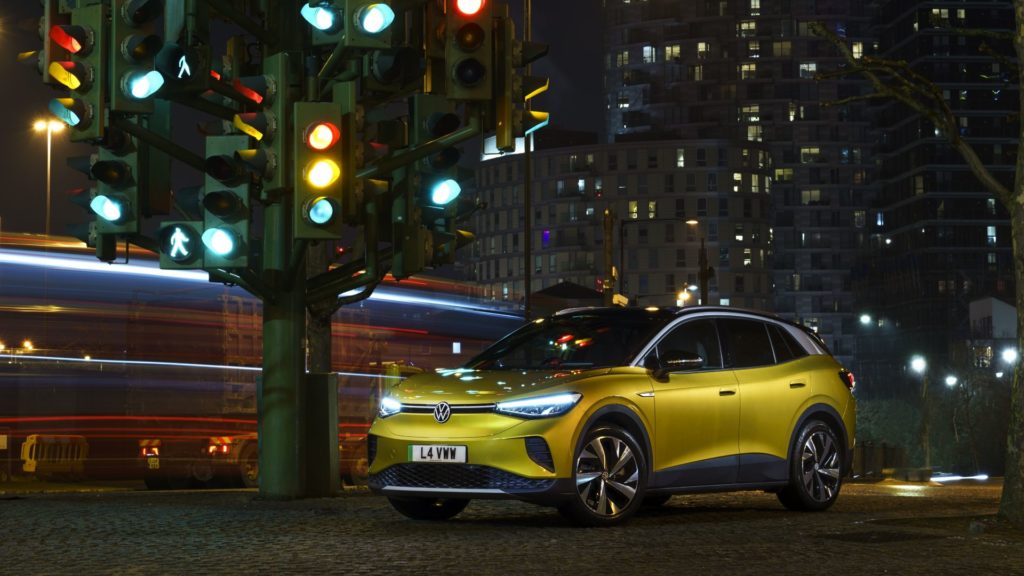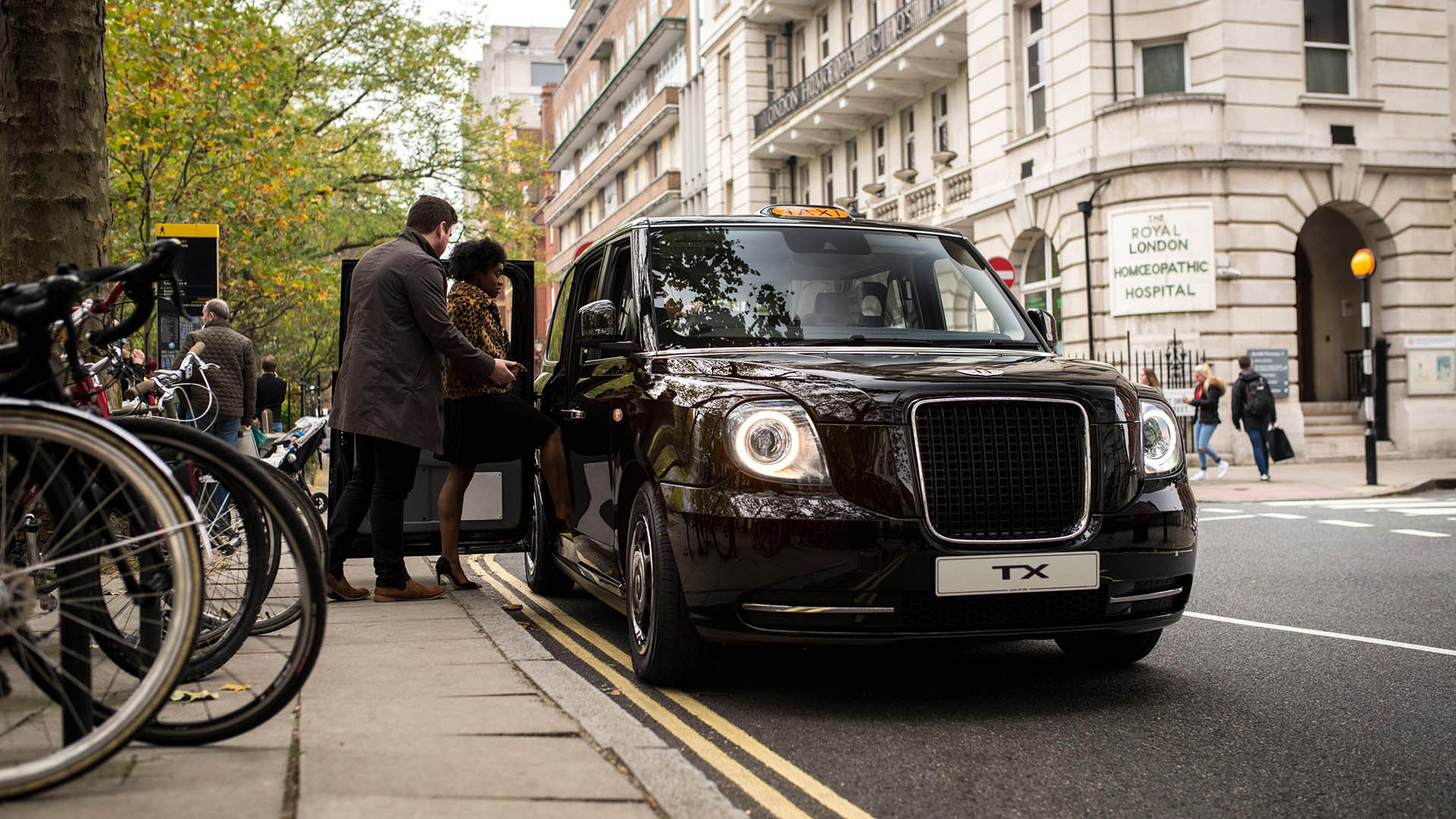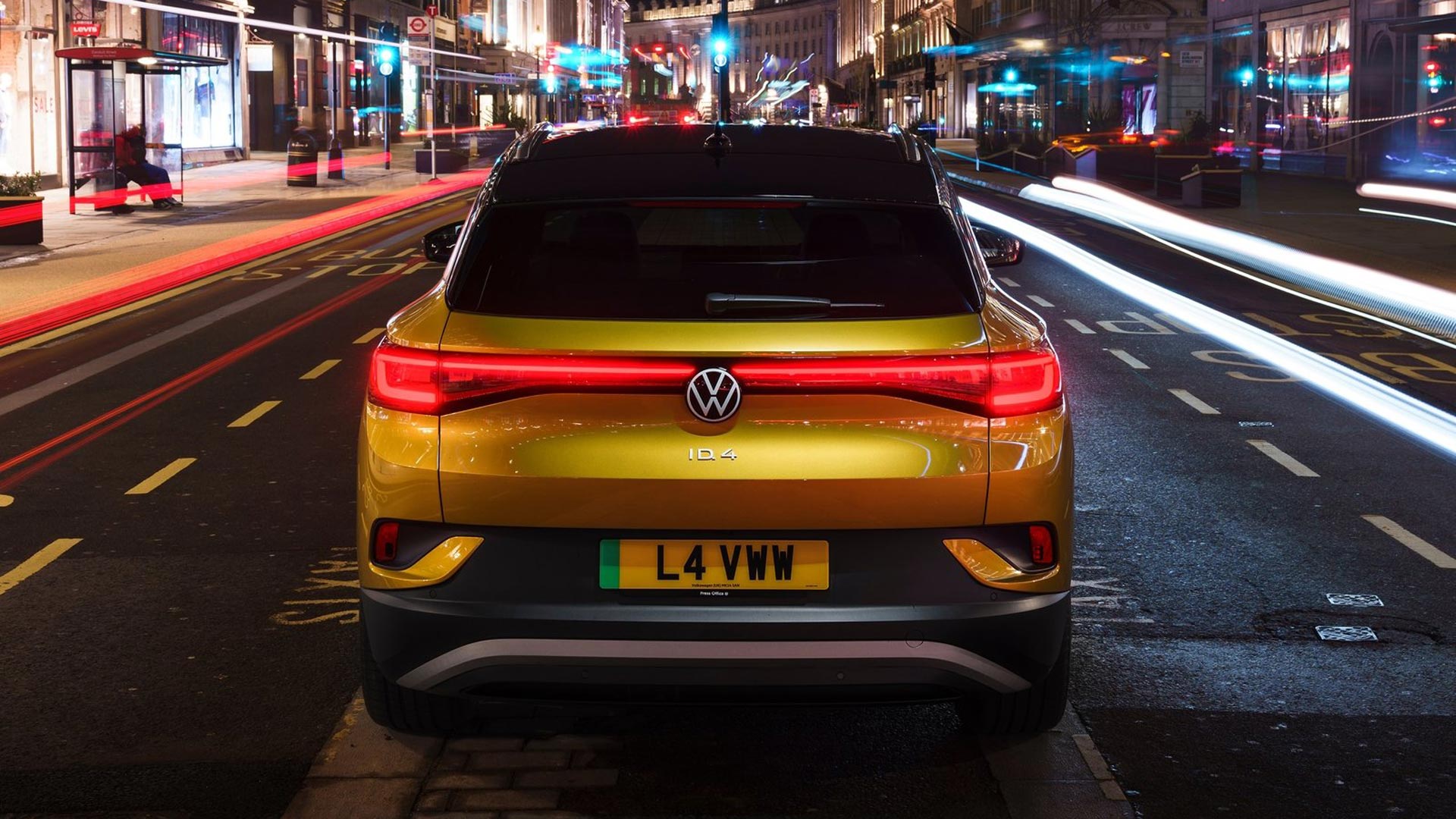The Plug-in Car Grant (PiCG) was a financial incentive offered by the UK government to encourage people to buy electric cars.
It was available for several years, but the amount was cut back several times, before it was discontinued entirely in summer 2022.
The UK automotive industry is now calling for VAT to be halved on new EVs to help private car buyers make the switch to electric.
How did the Plug-in Car Grant work?

Essentially, the Plug-in Car Grant was a discount on the price of a brand new EV. The Treasury paid 35 percent of the car’s purchase price – up to a maximum of £3,500 when the scheme was first launched.
In the past, the Plug-in Car Grant was also available for plug-in hybrid vehicles – which combine a petrol or diesel engine with an electric motor – but these were later excluded. Latterly, cars had to be capable of travelling 70 miles without any emissions.
In its final phase, from December 2021 until June 2022, the grant was reduced to £1,500, and only on electric cars costing less than £32,000. This ruled out a large proportion of EVs, including popular models such as the Tesla Model 3.
The aim of the Plug-in Car Grant was to encourage uptake of electric cars as the UK prepares to phase out new petrol and diesel vehicles from 2035.
Is there a still grant for other electric vehicles?

The Plug-in Car Grant is no longer available for new electric cars, but certain other electric vehicles are still eligible for a discount on purchase. These are summarised as follows:
- Motorcycles: the grant will pay 35 percent of the purchase price, up to a maximum of £500, for zero emission motorbikes costing less than £10,000 that can travel at least 50km (31 miles) between charges.
- Mopeds: the government will pay 35 percent of the purchase price, up to a maximum of £150, for zero emission mopeds costing less than £10,000 that can provide at least 30km (19 miles) of range.
- Vans: a 35 percent discount, up to a maximum of £2,500, is available on small vans (up to 2,500kg gross vehicle weight). The maximum amount for large vans (2,500-3,500kg GVW) is £5,000. In both cases, they must provide at least 60 miles of zero-emissions range.
- Taxis: the grant is limited to the Dynamo Taxi and LEVC TX models. A 20 percent discount is available, up to a maximum of £7,500.
- Trucks: grants are available for vehicles with CO2 emissions at least 50 percent lower than the equivalent conventional Euro 6 vehicle, plus a range of at least 60 miles. The maximum grants are £16,000 for a small truck and £25,000 for a large truck.
What about other electric car discounts?

Car buyers should keep an eye on manufacturer websites for the latest deals on EVs. It’s not uncommon for a number of different offers to be available, ranging from scrappage discounts to low-rate Personal Contract Purchase (PCP) finance.
People who live in flats or rented properties can also claim back up to 75 percent of the cost of a fitted home charging point (up to a maximum of £350) via the UK government’s EV chargepoint grant.
You only qualify for the chargepoint grant if you have a private, off-street parking space outside your property. Your electric car must also be on the Office for Zero Emission Vehicles (OZEV) list of approved vehicles.
ALSO READ:
Why do some electric cars have heat pumps?


[…] for the well-specced launch version start from £29,995 (or £26,995 including the Plug-in Car Grant. This makes it £2,000 cheaper than the electric 500 convertible revealed earlier this […]
[…] better air quality and lower our carbon footprint, which is why we’re investing more than ever in zero emission grants and […]
[…] making the average electric family car VAT-free, and including the Plug-in Car Grant, the purchase price could be reduced by […]
[…] particularly as it comes with a surprisingly accessible list price from just over £25k once the Plug-in Car Grant is […]
[…] surprising sub-£30k price tag is for the entry-level ID.3 Life and is achieved after the Plug-in Car Grant is […]
[…] What is the Plug-in Car Grant for electric cars? […]
[…] is likely to be an extension of the current £3,000 Plug-in Car Grant; more details are to be […]
[…] the government Plug-in Car Grant is taken off, it has a list price of […]
[…] to drive. Its success, frankly, was almost entirely due to low tax liability and the £2,500 Plug-in Car Grant (PiCG). When the government ended the PiCG in October 2018, Mitsubishi announced its gradual […]
[…] Volkswagen has opened ordering for the ID.4 electric SUV, with prices for the launch-spec 1st Edition starting from £37,800 after the Plug-in Car Grant. […]
[…] on the Plug-in Car Grant, which gives a £3,000 subsidy to buyers of pure electric cars, reached £1 billion by March […]